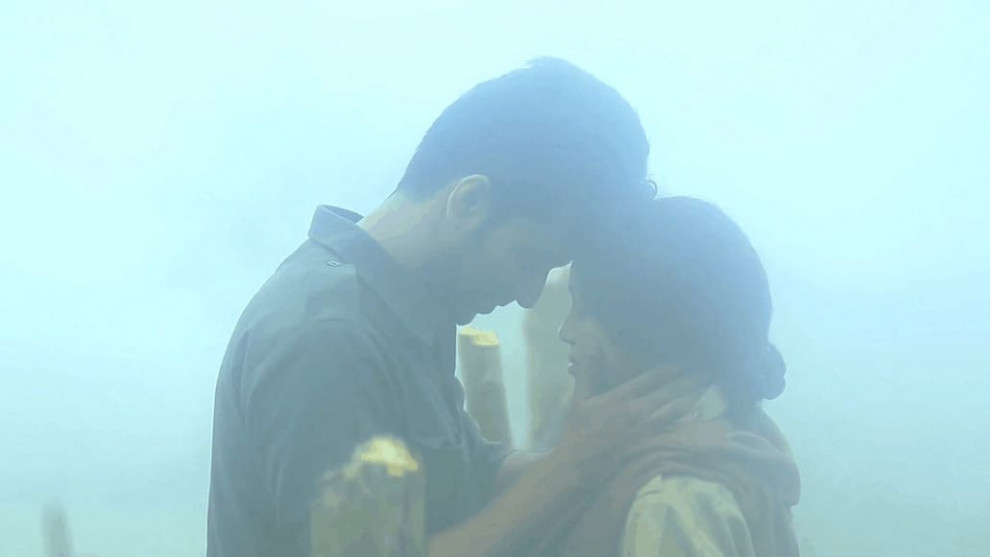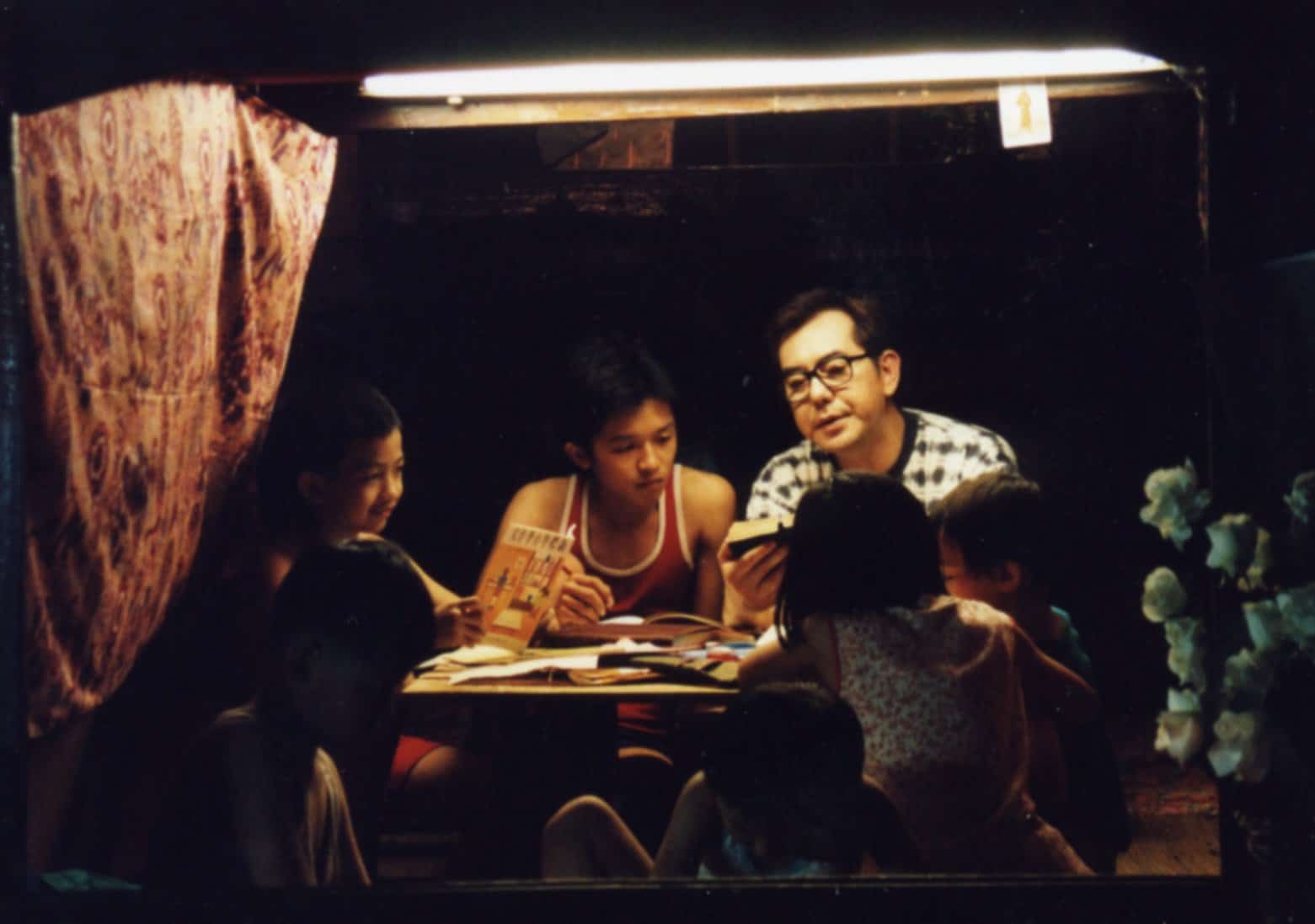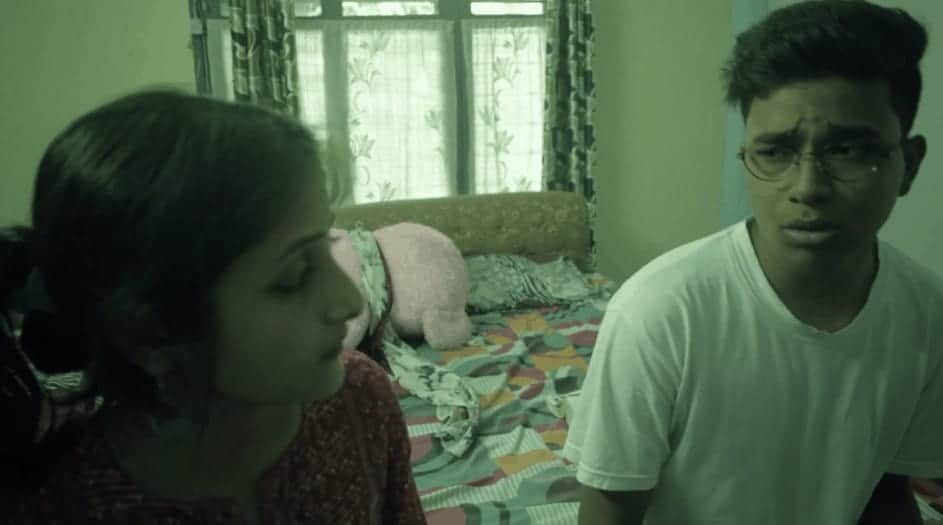“All communications are dead.“
With his first short film “Godhulibela” (“Era of Cows”) director Ilmaz Syed has already proven to be an artist committed to the problems of our time. Rather than tackling issues such as war or climate change through the medium of documentary, his approach may be considered more indirect since he seems to prefer the allegorical rather than the more direct view on these subjects. “Godhulibela”, through the use of the rather abstract setting, pointed at the meaning of conflict for our future, painting the picture of a barren landscape in which people have become extinct and the only surviving tyrant looks for his subjects now that his world order has become obsolete.
In his new feature “Aadhira”, Syed again takes a look at the future, albeit one not as distant as the one in “Godhulibela”. War has erupted between India and Pakistan, a conflict which has been going on for quite some time with the soldiers wary of battle and disillusioned about what they are fighting for. Close to the border, a small group of soldiers has settled down, seemingly cut off from all communications with their base of operations. While their leader has given up hope to ever hear from his superiors again, a young captain and radio operator Arjun (Anirban Bhattacharya) still tries to reach someone who might be able to help.

Eventually, he hears a voice on the other end. However, the female voice belonging to a young woman named Mariam (Mrinmoyee Biswas) also belongs to the enemy. Even though his superior warns him of this tactic which had resulted in the death of many soldiers, Arjun cannot resist of finally talking to a woman for the first time in ages. In the end, he even proposes a meeting in a place called Aadhira, which is divided by the border, a dangerous undertaking for him and Mariam who agrees to meet him there.
Similar to his other features, Syed proves yet again to be a precise director. Given the elements of romance in an unlikely time and place, “Aadhira” creates an interesting tension, or rather hope for the two characters to get together. Much like the setting in “Godhulibela”, the mysterious Aadhira where Arjun and Mariam want to meet becomes an allegory for the film's themes, which, in contrast to the first film, is much more positive. Essentially, it is the utopia for lovers, for being together, a notion both corny, yet also quite romantic.

Ironically, the script seems to be quite aware of this almost “Bollywood”-concept of a place to be together. In their rather flirty conversation via radio Arjun and Mariam refer to the history of this kind of cinema as well as classic story patterns, such as the relationship of Romeo and Juliet. At the same time, this uneasy simile may be considered a kind of foreshadowing, or at the very least awareness of the impossibility of the union between the two of them.
Overall, “Aadhira” is an interesting, compared to “Godhulibela” perhaps even more accessible short film about the nature of conflict and what it destroys. Considering Syed has been toying with these concepts for two short films now, it might be interesting to see him a longer feature film, perhaps even a war movie similar to “Saving Private Ryan” or “The Thin Red Line”. Given his talents for memorable images and dialogue, this idea is certainly very interesting to think of.















